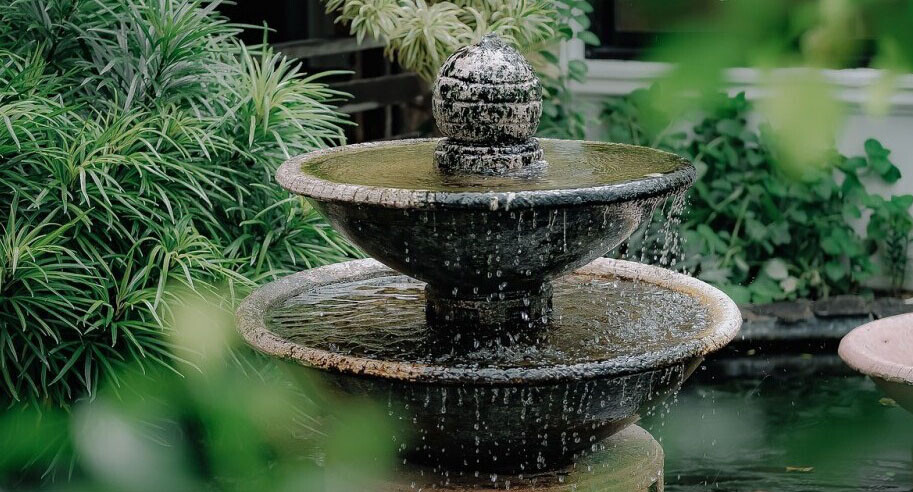There’s nothing quite like the gentle trickle of a water fountain or the serene stillness of a garden pond to bring tranquility to our outdoor spaces. But, as much as we love the calming effect of water features, we have also learned that they come with a hidden peril: mosquitoes.
Understanding the dual role of these garden accents is crucial. While they offer a peaceful backdrop, stagnant water can quickly become a breeding ground for these pesky insects.
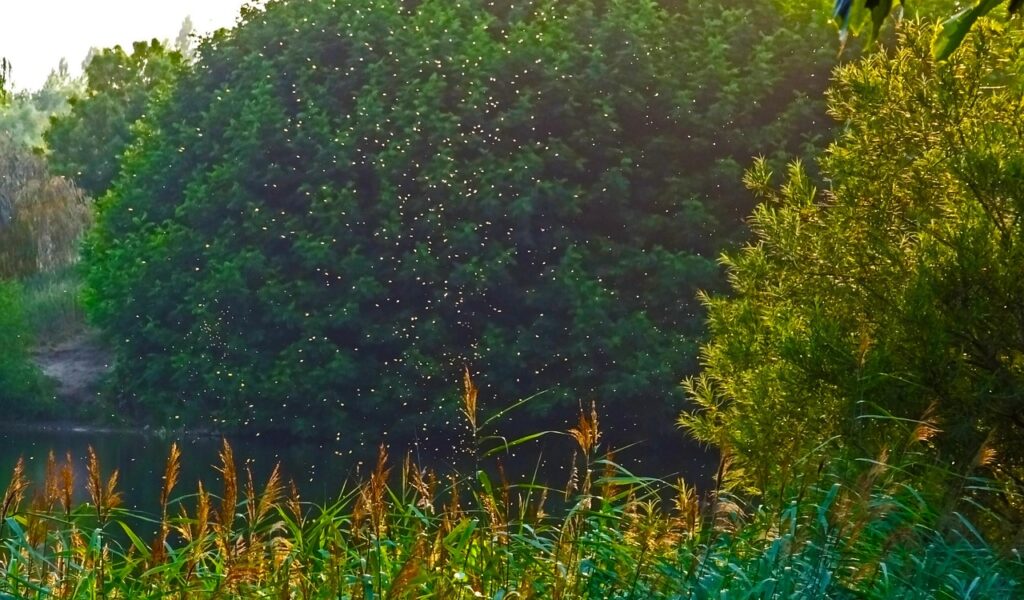
And the presence of mosquitoes can turn a peaceful garden into a battleground. Balancing aesthetics with practicality to mitigate mosquito risks is a challenge we all face. But fear not, for nature has provided us with a solution.
Unveiling the Scents Mosquitoes Despise
Let’s delve into the science behind olfactory-driven mosquito repellence. Mosquitoes, like many insects, have a keen sense of smell. They are attracted to certain scents and repelled by others. Exploring plant-based scents that repel mosquitoes effectively is a fascinating journey into the world of botany and entomology.
Why mosquitoes react adversely to certain smells is a question that scientists have been studying for years, and their findings can help us create a more enjoyable outdoor experience.
Harnessing the Power of Nature: Natural Plant Allies Against Mosquitoes
Nature has a way of providing solutions to our problems, and in the case of mosquitoes, it has given us a variety of plants that serve a dual purpose: beauty and mosquito defense.
Historically, people have used plants in natural mosquito repellent solutions, and this tradition continues today.
By creating a harmonious garden environment that deters mosquitoes, we can enjoy our outdoor spaces without the constant threat of being bitten.
Selecting the Ideal Mosquitoes Repellent Plants: Factors to Consider
When it comes to selecting the ideal mosquitoes repellent plants, there are several factors to consider. Understanding your garden’s microclimate and its influence on plant growth is essential.
You also need to balance aesthetics, functional benefits, and botanical care requirements. Assessing the maintenance level vs. repellent efficacy of plants is another important step.
Common mistakes and misconceptions in choosing garden plants can lead to less than satisfactory results, so it’s crucial to make informed decisions.
Top 10 Mosquitoes Repellent Plants: Nature’s Solution for Peaceful Gardens
Now, let’s get down to the nitty-gritty. I’ve compiled a list of the top 10 mosquito-repelling plants that have proven their worth.
These plants not only keep mosquitoes at bay but also enhance the beauty of your garden. Insights into plant growth patterns and spacing for maximum efficacy are crucial for getting the most out of your mosquito repellent plants.
- Lemongrass (Cymbopogon citratus)
Lemongrass is a grassy plant with a bright citrus scent that contains Citronellal, a key component of citronella oil, which is known to deter mosquitoes. It thrives in full sun and rich, loamy soil.
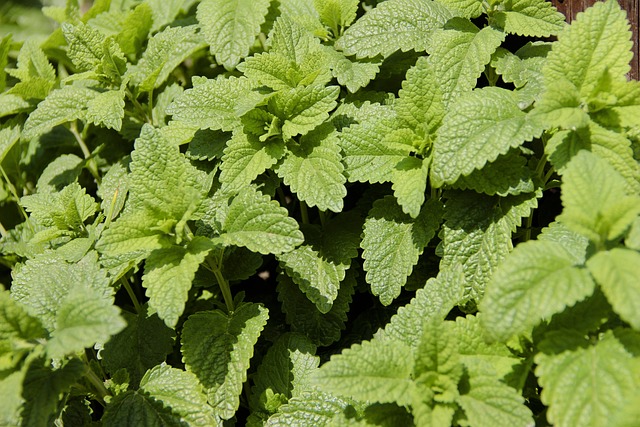
- Marigolds (Tagetes spp.)
These bright and summery flowers are not only beautiful but also pack a punch against mosquitoes. They contain pyrethrum, a substance used in many organic insecticides.
- Lantana (Lantana camara)
Lantana flowers are said to provide significant protection from mosquitoes. While the scent from the plant may be less concentrated than the flower extract, these blooming plants still offer a natural barrier.
- Fennel (Foeniculum vulgare)
Fennel has a strong anise-like aroma that deters mosquitoes. It’s a short-lived perennial often grown as an annual, and it also attracts beneficial insects like bees.
- Eucalyptus (Eucalyptus spp.)
Even a potted eucalyptus can work as a mosquito deterrent. Choose a compact, slow-growing variety with a strong eucalyptus scent for your container.
- Basil (Ocimum basilicum)
Basil is a popular culinary herb with a pungent smell that mosquitoes find off-putting. Crushing the leaves releases the scent, which can also be made into a repellent spray.
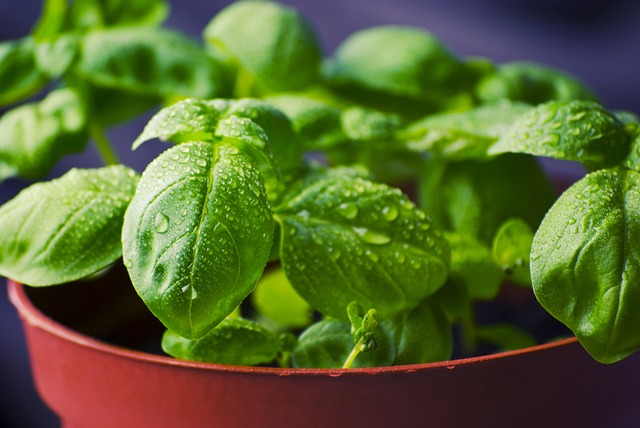
- Catmint (Nepeta cataria)
Catmint is known for its ability to repel mosquitoes effectively. It’s a hardy plant that can be grown in full sun or partial shade and is known for its attractive flowers.
- Mums (Chrysanthemum morifolium)
Mums are a fall favorite, not only for their beauty but also for their mosquito-repelling properties. They are available in various colors and prefer consistent watering.
- Wormwood (Artemisia artemisiifolia)
Wormwood is drought-tolerant and grows well in poor soils. Its somewhat unpleasant odor is what deters mosquitoes, making it ideal for dry landscapes.
- Lemon Verbena (Aloysia citriodora)
Lemon verbena has a strong, lemony scent that people love but mosquitoes hate. It can be grown as a perennial in warmer climates or as an annual elsewhere.
Combining plant choices for a holistic repellent strategy can create a more effective barrier against these biting pests. And, incorporating repellent plants into existing garden designs can be done effortlessly, enhancing your garden’s natural defense without disrupting its aesthetic appeal.
Summary
In conclusion, mosquitoes repellent plants are a gardener’s best friend when it comes to maintaining a peaceful and enjoyable outdoor space.
By understanding the dual role of water features, exploring the science behind mosquito repellence, and harnessing the power of nature, we can create a harmonious garden environment that deters mosquitoes.
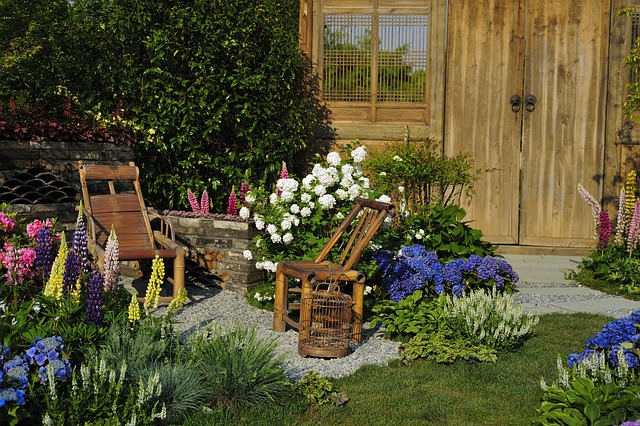
Selecting the ideal plants and incorporating them into our gardens is a practical and effective solution to the perennial problem of mosquito bites. So, let’s embrace the power of these natural allies and enjoy our gardens to the fullest!


